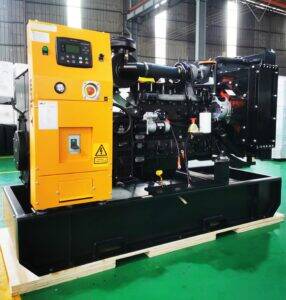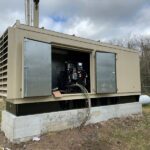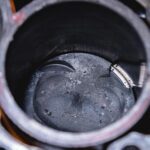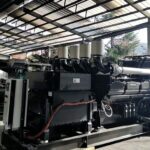
In the power generation world, every drop of diesel matters. But how much electricity can we really squeeze from a single gallon?
One gallon of diesel can generate approximately 13 to 14 kWh of electricity, depending on the generator’s efficiency and load conditions.
This conversion is a key figure for planning fuel budgets and assessing generator performance. It also shows how much energy efficiency influences operational costs.
What factors affect the kWh output from 1 gallon of diesel?
When it comes to power generation, people often overestimate what one gallon can do. The truth is—it varies based on several critical factors.
Generator size, load percentage, engine type, and ambient conditions all impact how much electricity one gallon of diesel can generate.
To understand this better, I often refer to real testing data from fieldwork and factory benchmarks. Most generators operate efficiently between 75% to 80% load. At this level, the engine runs closer to its optimal thermal efficiency. A typical 100 kW diesel generator under 75% load can consume about 5.46 gallons per hour, generating 75 kWh of electricity—translating to about 13.74 kWh per gallon.
Corrected Fuel Efficiency Table
| Generator Size | Load (%) | Fuel Use (gal/hr) | Output (kWh/hr) | Efficiency (kWh/gal) |
|---|---|---|---|---|
| 100 kW | 75% | 5.46 | 75 | 13.74 |
| 250 kW | 80% | 14.89 | 200 | 13.43 |
| 500 kW | 80% | 28.46 | 400 | 14.05 |
You can see that larger generators at optimized loads deliver better fuel-to-electricity ratios. But poor maintenance or using substandard fuel can drop efficiency fast.
How does generator efficiency change with load?
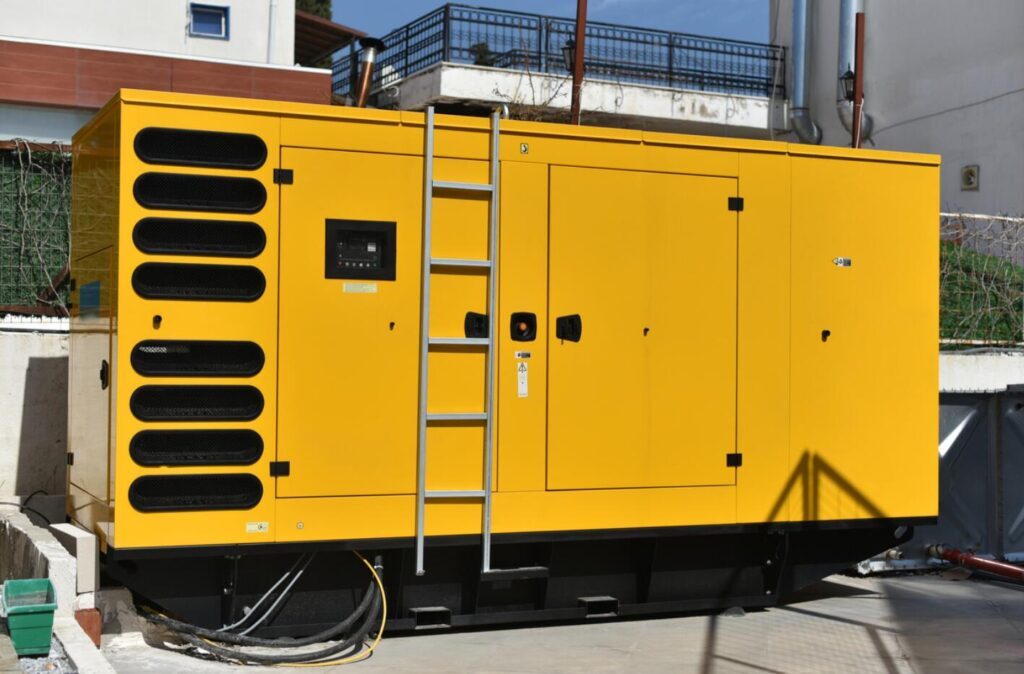
Sometimes we assume that running a generator at any load is fine. That’s wrong. Load levels play a huge role in fuel efficiency.
Generators are most efficient between 70% to 85% load. Lower or higher loads reduce the kWh produced per gallon of diesel.
From my own projects, I’ve seen many clients run gensets at only 30% load. That causes “wet stacking” and incomplete combustion. The engine burns more fuel without generating more power. For example, a 250 kW generator might use 9 gallons per hour at 30% load but only generate 75 kWh—resulting in just 8.3 kWh per gallon.
Load Impact Table
| Load (%) | Fuel Efficiency (kWh/gal) |
|---|---|
| 30% | 8.30 |
| 50% | 9.70 |
| 75% | 13.31 |
| 100% | 12.50 |
It’s critical to match generator size with actual site demand. Oversizing leads to fuel waste and higher wear. I always help clients right-size their gensets to avoid this.
How does maintenance affect fuel-to-electricity ratio?
Ignoring maintenance doesn’t just risk breakdowns. It also wastes diesel every single hour.
Regular maintenance like oil changes, air filter cleaning, and fuel system checks keeps the generator efficient and fuel usage low.
In one case, a client ran a 100 kW diesel genset with clogged injectors. Fuel consumption jumped 15% while output dropped. They were producing only 9 kWh per gallon. After injector replacement and filter service, they regained 11.5 kWh per gallon.
I advise clients to follow a strict service routine:
Suggested Maintenance Tasks
- Daily: Check fuel levels, inspect for leaks
- Weekly: Check oil and coolant levels
- Monthly: Clean air filters, test battery, check belts
- Quarterly: Change oil and fuel filters
- Annually: Test injectors, calibrate governor, flush fuel tank
This routine prevents inefficiency creep and saves thousands in fuel costs each year.
How does fuel quality impact diesel-to-electricity conversion?
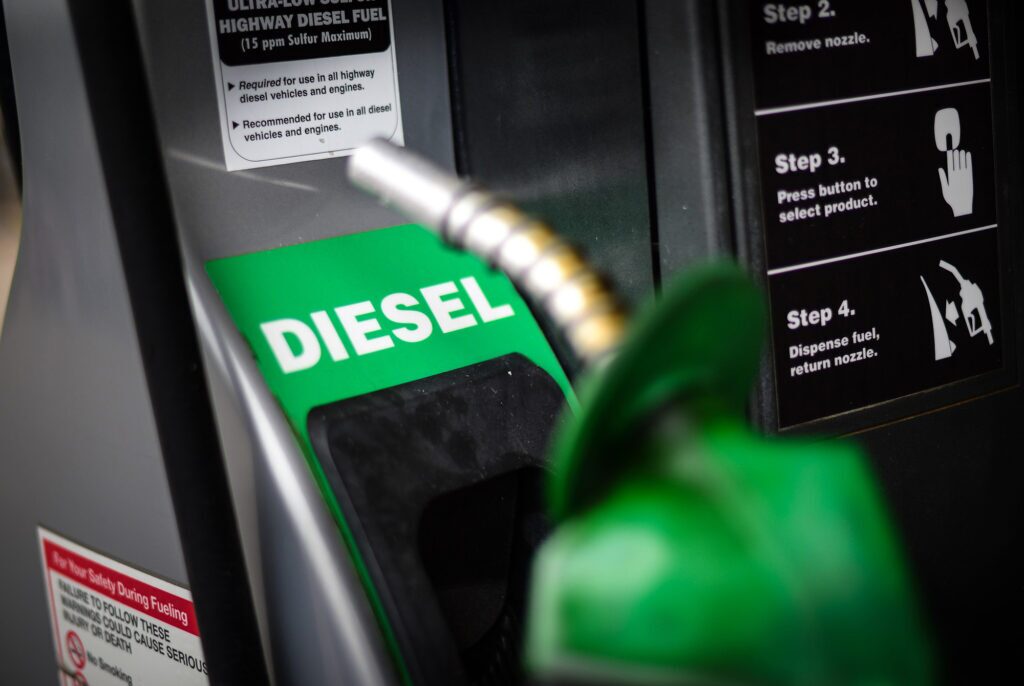
Fuel quality seems like a small detail. But low-grade diesel can quietly ruin efficiency and equipment.
Poor diesel quality leads to incomplete combustion, carbon buildup, and lower kWh per gallon output.
I remember a time a distributor shipped low-sulfur diesel that was stored in rusty drums. Contaminants clogged fuel lines, caused power drops, and led to massive fuel waste. They were only getting 8 kWh per gallon. Once they switched to clean, certified diesel and flushed the system, output went back to 13.5 kWh per gallon.
Use only clean, high-quality diesel. Store it properly. Add biocides if needed. And always keep your fuel tanks clean and dry.
Fuel Quality Checklist
- Use only certified diesel (ISO 8217 or EN 590)
- Store in sealed, ventilated tanks
- Regularly drain water from fuel separator
- Test diesel for water, particulates, and microbes
- Rotate stock—avoid using diesel older than 6 months
Good fuel is the easiest way to protect your engine and your budget.
Conclusion
One gallon of diesel can deliver up to 14 kWh—but only if you size your generator correctly, run it at optimal load, and keep everything well-maintained.
Buying And Technical Contact
You can contact us in many ways:
You can go to our website (URL: https://waltpower.com/contact/) and drop us a message.
You can email us:
Our Contact is: +8618717996108 (WhatsApp)

